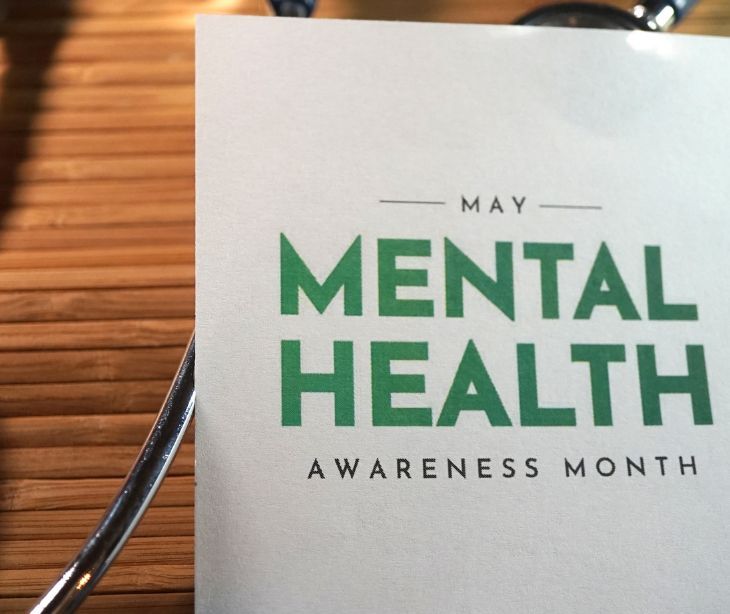
According to Mental Health America’s Access to Care Ranking 2023, more than half of people with mental illness don't receive help for their disorders.
American Psychiatric Association (APA) explains “Often, people avoid or delay seeking treatment due to concerns about being treated differently or fears of losing their jobs and livelihood. That's because stigma, prejudice, and discrimination against people with mental illness are still very much a problem.”
Many fear that they will be treated differently or lose their jobs and thus hesitate or avoid treatment altogether. The root of their hesitation is stigma, prejudice, and discrimination, which continually plague the mental health space. The APA reports that there are three forms of stigma (public, self-stigma, and structural) that work to create barriers to care.
Public stigma refers to the negativity and discrimination of a society toward mentally ill individuals. It is the fear of judgment, labeling, or dismissal as being "weak" that keeps people from seeking help. It is not a question of societal perception but the weight of that perception and the anxiety of being judged that can paralyze the neediest from seeking treatment. The consequences of public stigma are profound, in as much as it reinforces the prejudicial stereotypes that push people into isolation and deepen their battle with mental illness.
Another barrier is self-stigma, especially when individuals with mental illness internalize negative societal views and start to feel ashamed about their condition. To many, the fight is against a sense of unworthiness. They may, therefore, stop trying to find a mental health professional because of that inner feeling that their condition makes them "less than" others or they do not have the right to be treated with care and respect like ordinary people who do not have mental health issues. Their internal battle can hinder therapy as they struggle to engage in the process.
On the other hand, structural stigma poses a different problem. Structural stigma is baked into the policies and systems in which some barriers restrict access to care. For example, people in rural areas often have fewer nearby mental health services, and marginalized communities face systemic biases that keep them from receiving the culturally sensitive care they need. These place people in a self-sustaining circle of neglect where they mostly have to fend for themselves without proper resources.
So, how do we rise above these ingrained forms of stigma?
HIPAA compliant emails allow people to reach out for help without feeling judged or stigmatized. For a person who is a bit hesitant to go to a therapist's office because they do not want to be perceived as weak or "broken," getting private, secure communication is a secure, private entry point to care. It keeps them away from the public eye, whereby they can seek their treatment without added pressure from a judgmental society.
In addition, structural stigma is resolved with HIPAA compliant email solutions in ways that no other modality can. For rural and underserved communities, regular access to mental health services in person is often impossible. Using secure email allows clinicians to remain in touch, continue to support these clients, and provide continuity of care despite physical distance.
Ultimately, it allows individuals to get the treatment they need without logistical or systemic barriers.
Go deeper: HIPAA Compliant Email for Mental Health Professionals
FAQs
What is HIPAA?
The Health Insurance Portability and Accountability Act (HIPAA) is a federal law that establishes national standards for safeguarding protected health information (PHI). HIPAA mandates that healthcare providers, insurers, and business associates safeguard patients' PHI during transit and at rest.
Does HIPAA apply to mental health information?
HIPAA sets standards for protecting the confidentiality, integrity, and availability of protected health information (PHI), including mental health records.
What types of information are protected under HIPAA?
HIPAA protects all individually identifiable health information held or transmitted by covered entities or their business associates, including mental health records.
Subscribe to Paubox Weekly
Every Friday we'll bring you the most important news from Paubox. Our aim is to make you smarter, faster.




